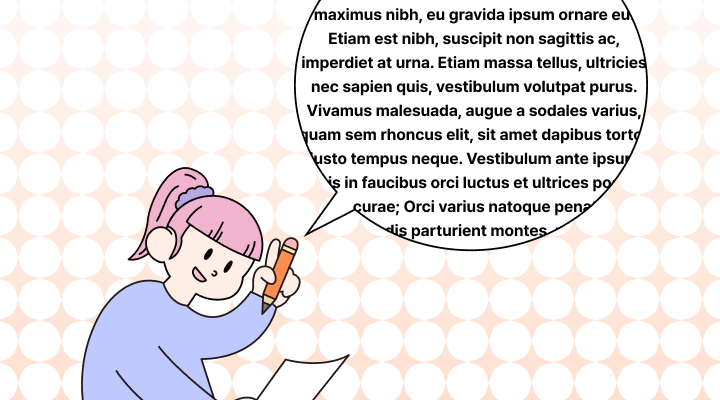"Inteligent" is not the correct spelling; the correct spelling is "intelligent."
"Intelligent" is an adjective used to describe the mental capacity or cognitive abilities of a person, animal, or even a machine. When we say someone is intelligent, we mean that they have a high level of mental acumen and are capable of tasks like learning, reasoning, problem-solving, and understanding complex ideas effectively. Here are some key aspects of intelligence:
- Learning ability: An intelligent person can acquire new information and knowledge quickly and effectively. They have a strong capacity for absorbing and retaining information from various sources like books, experiences, or educational materials.
- Reasoning skills: Intelligence involves the ability to think logically and critically. Intelligent individuals can analyze information, make connections between different pieces of data, and draw conclusions based on evidence and sound reasoning.
- Problem-solving: Intelligent people are often skilled at solving problems and challenges. They can devise creative solutions to complex issues and adapt their strategies as needed.
- Adaptability: Intelligence is not just about knowledge but also the ability to adapt to new situations and environments. Intelligent individuals can navigate unfamiliar circumstances and make decisions based on available information.
- Good judgment: Intelligence often goes hand-in-hand with good judgment. It involves making wise choices and decisions based on a combination of knowledge, experience, and rational thinking.
- Communication: Intelligent individuals can express their thoughts and ideas effectively. They can communicate clearly, both in writing and verbally, which helps in sharing knowledge and insights with others.
- Emotional intelligence: In addition to cognitive abilities, intelligence can also encompass emotional intelligence, which involves understanding and managing one's own emotions and those of others.
Through the Google Books Ngram Viewer, we can see that intelligent has a much higher use than its misspelling inteligent in Google’s database of published books in both American and British English since the year 1800.

Example sentences
- Jane is known for her intelligent approach to solving complex math problems.
- The scientist made an intelligent deduction based on the available data.
- The professor is not only knowledgeable but also incredibly intelligent in his field.
- Dogs are known to be highly intelligent animals, capable of learning various commands.
- The software uses intelligent algorithms to predict user preferences.
- Her intelligent decision-making led the company to significant success.
- The novel's plot is intricate and requires an intelligent reader to fully appreciate its nuances.
- Artificial intelligence (AI) systems are becoming increasingly intelligent through machine learning.
- He received an award for his intelligent design of a sustainable, energy-efficient building.
- An intelligent conversation can be more enjoyable and enlightening than casual small talk.
Want to sound like a native speaker?
Engram’s AI-powered grammar checker makes your English sound like a native speaker’s, suggesting natural English expressions on top of fixing grammar, spelling, punctuation, word order, and vocabulary.

Reference:















